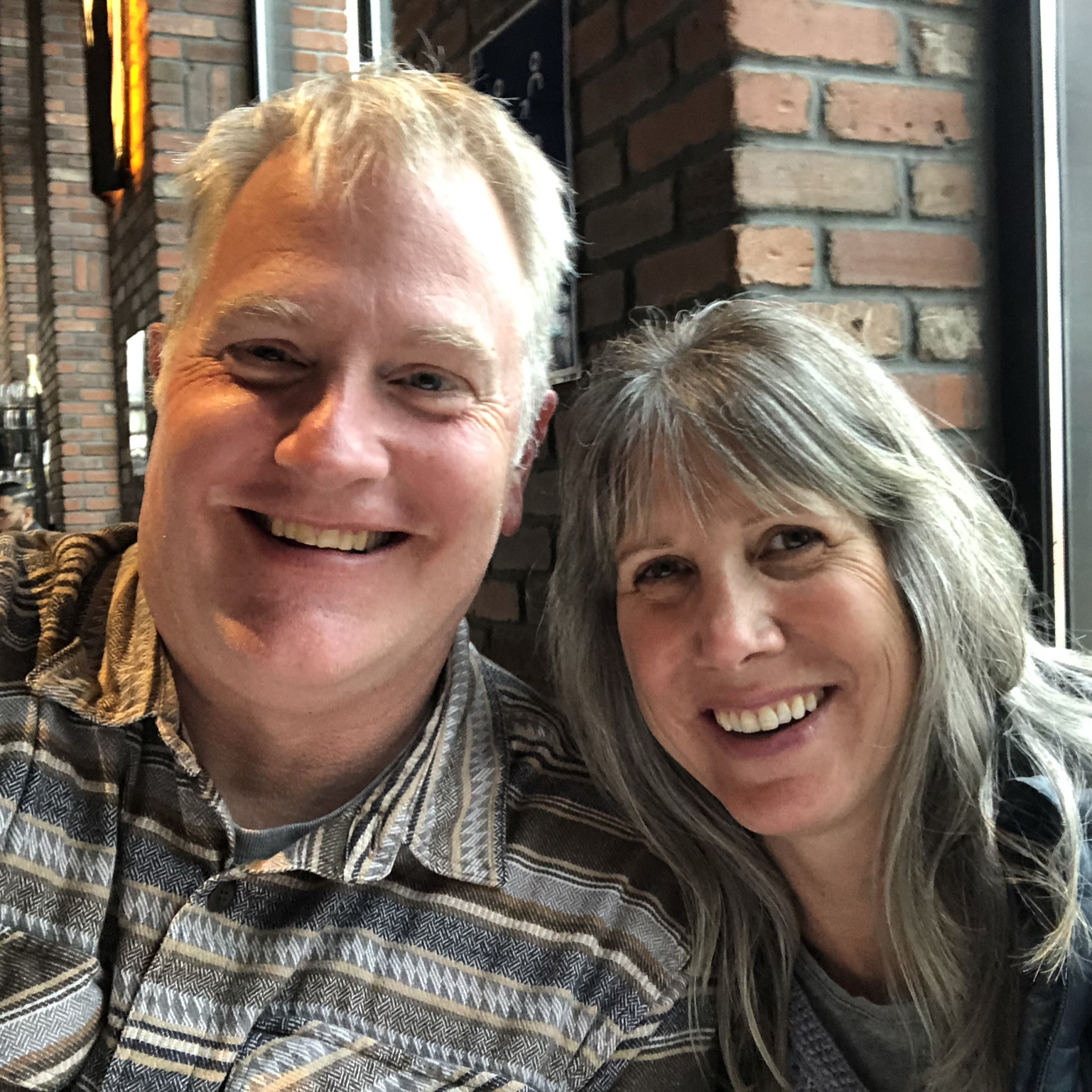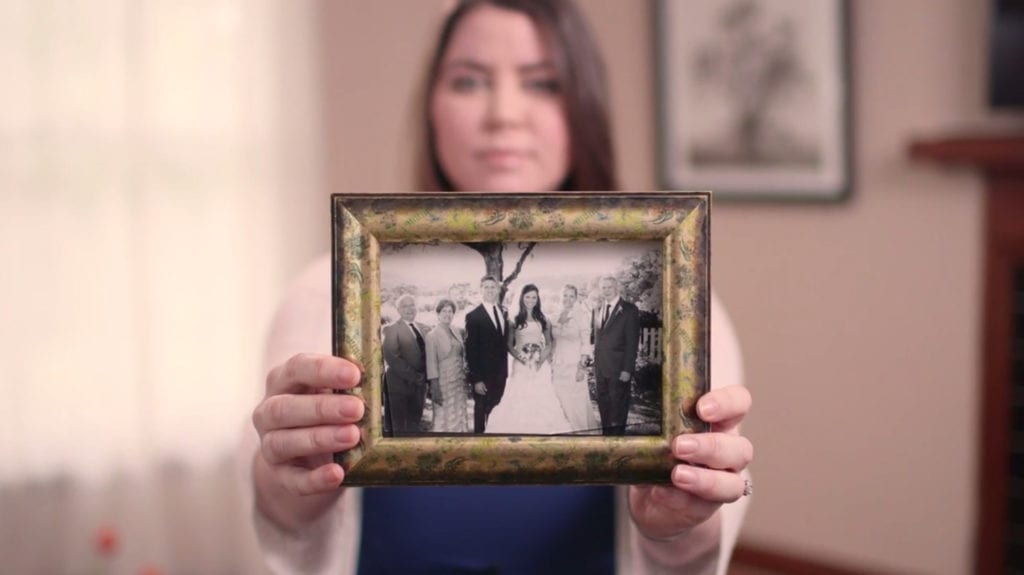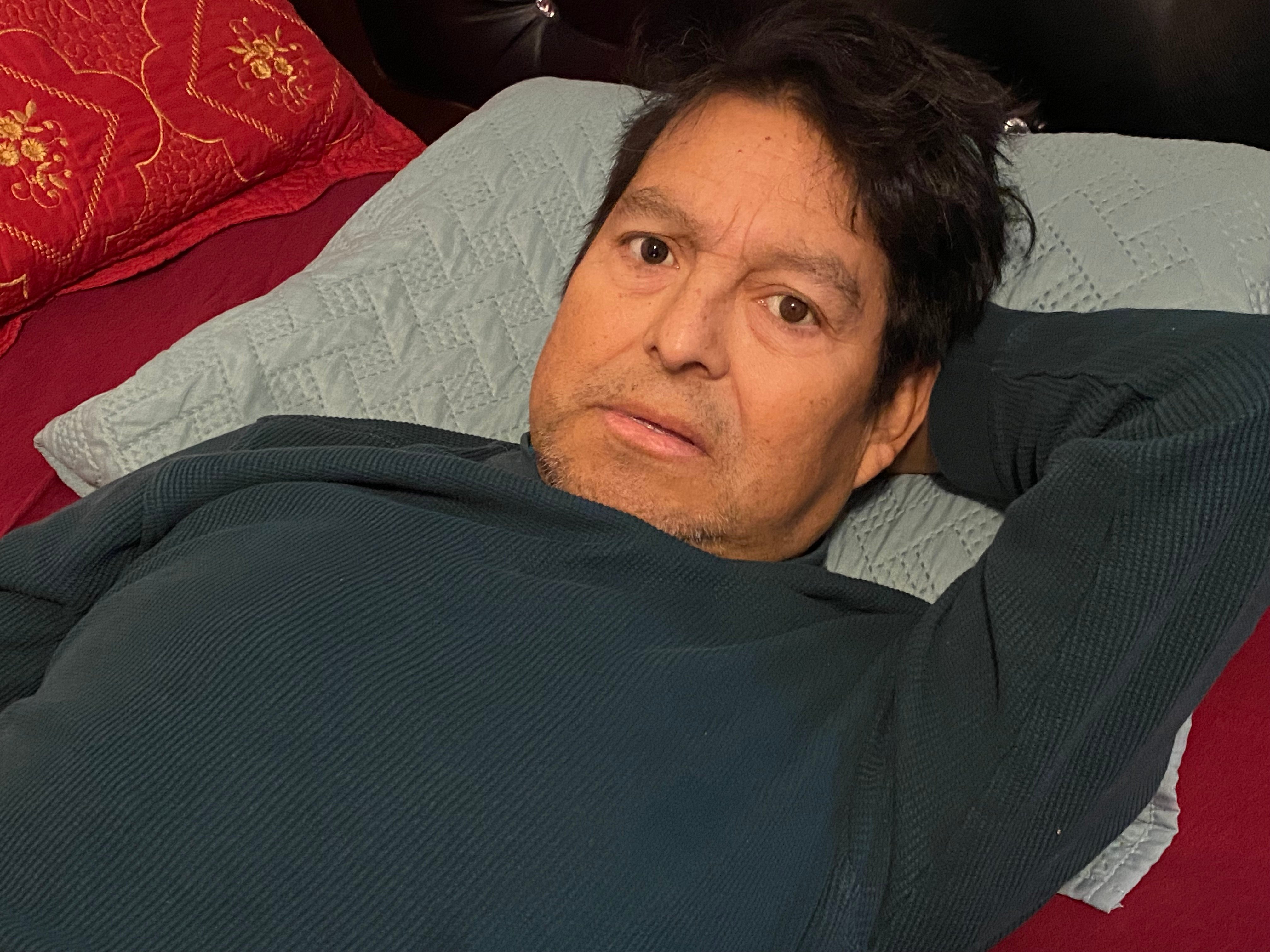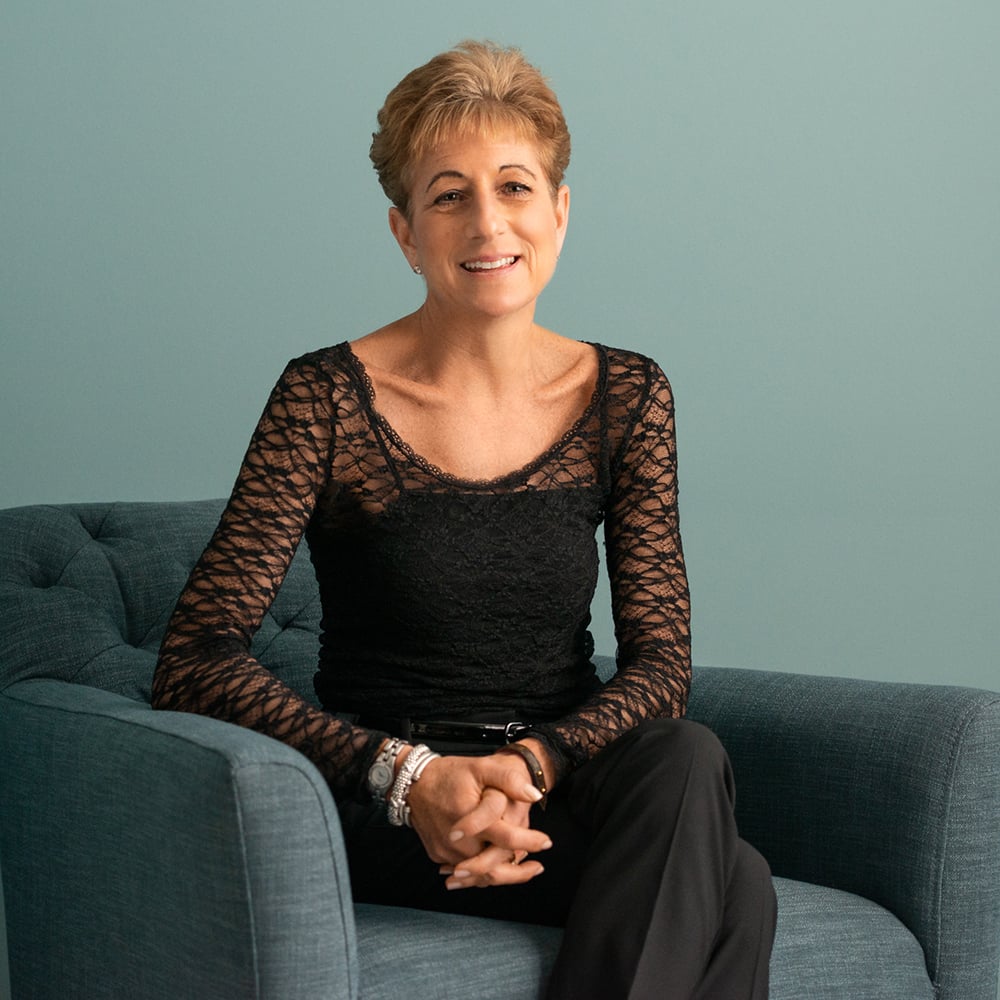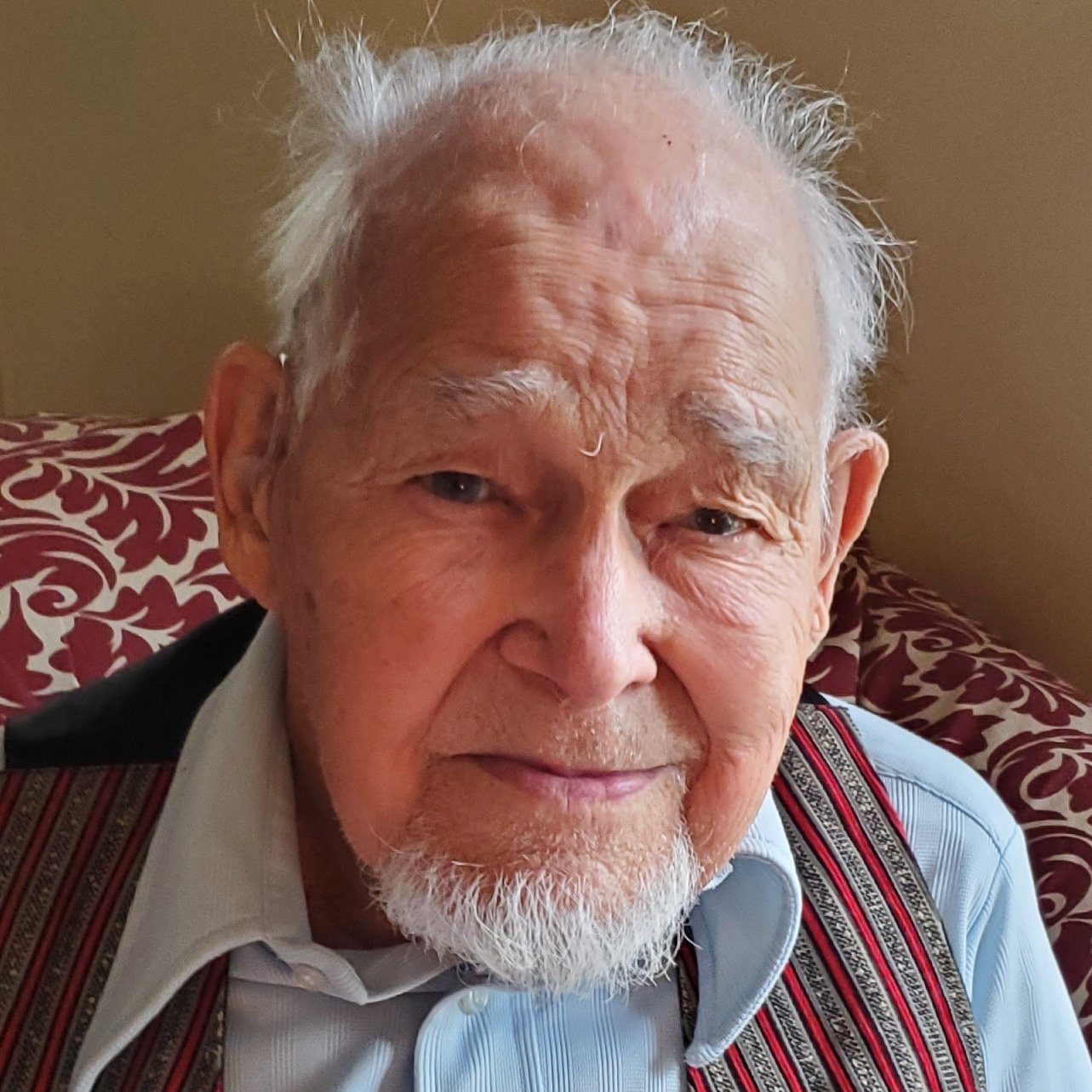Ken Pauley shared his story in December of 2022.
My wife, Chris, and I met when we were 14 years old, and I was hooked from day one. While I relentlessly pursued her, we maintained an amazing friendship and finally married when we were 33 years old.
As a teenager, I’d go to her house at 2 o'clock in the morning and knock on her window. We’d be talking, and her dad would come in and ask, “What’s going on in here? Oh, it’s Kenny. Nothing to worry about.” And he’d head back to bed, and we’d watch television in the living room. I won her parents over way sooner than I won Chris over. If it was my choosing, we would have gotten married a lot faster; it just took time and persistence.
Throughout the 40 years of our friendship and 22 years of loving marriage together, Chris was always smiling, laughing and joking. She was fun and outgoing, and had a magnetic personality. It’s what drew me to her.
Unfortunately, Chris experienced the passing of her mother and father from cancer, and her brother from AIDS. Her brother's illness and witnessing the excellent care he received inspired her to become a registered nurse later in life. She loved to help others and was extremely passionate about her job. Her other passion in life was animals and riding horses and mules. She had a strong emotional connection with animals, and riding was her happy place. If she wasn't working, she was out riding her mule or horse.
She was diagnosed with melanoma almost by accident, getting what she thought was a childhood pencil-stabbing scar removed. Instead it turned out to be a blue nevus melanoma. She had a wide excision removal, and we were told it was best to monitor aggressively. Five years of clear scans later, the good news stopped. In December 2020 we found out she had metastases to her liver.
While we were optimistic immunotherapies and the later clinical trials would help, she was a planner and didn’t want to leave to chance the possibility of her end of life being drawn out. Having seen both her parents endure prolonged suffering from cancer influenced her to want a choice for herself. We had both been supportive of medical aid in dying in the past but never thought it would be us actually pursuing it.
We had casually discussed the topic before she was even diagnosed with melanoma five years prior. Hearing about it in the news, the topic would come up from time to time, and we’d talk about the fact that neither of us would want to go through a long struggle. As we got into her diagnosis, it became more of a conversation, which waned throughout the five years of clear scans. But she was always adamant she wanted the option even while pursuing treatment. She just wanted a plan in place, just in case. We hoped we would never need it.
Luckily we were engaged with the oncology team at UC Davis, which had an established program for medical aid in dying. It was an emotional but simple process to go through so we could have the medications in case things turned for the worse. Even the pharmacist told us it was better to have the medications and turn them in if she didn’t use them than to need them and not have them. Having those medications locked away at home provided Chris a sense of relief and allowed us to continue to focus on her health.
After the immunotherapy failed, she endured three clinical trials at UCLA, including t-cell transfer therapy. All of this happened within one year. We were grateful to have several oncology teams work hard to get Chris through multiple treatments in a short period of time to try and stop the progression. The treatments were hard on her, yet she continued to be with her animals and ride as much as she could during that time. But time took its toll, and her body and the medicine could not overcome this disease.
As passionate animal lovers, we humanely euthanized many of our beloved family due to old age, illness, etc. We always said that they have their way of telling us when it is time, regardless of how hard it is. We honored that so they would not suffer more than needed. And this is how we discussed medical aid in dying, though we couldn't yet grasp the mindset that someone had to be in to make that decision. But we both felt that when the time came and one of us needed to use this option, the other would honor that wish, as hard as it would be for them.
On January 18 of this year, that time came for my lovely wife, Chris. She had been quickly declining in the days before, not eating and not loving life how she had always done. We had met with hospice just four days before but held off on enrolling in order to check in with Chris’ doctor about other potential treatment options — an appointment we never made it to. I knew the time was close, but I don't think it really clicked what was going on. But she finally told me, “Honey, it's time.” That was all she had to say; I knew what was going to happen.
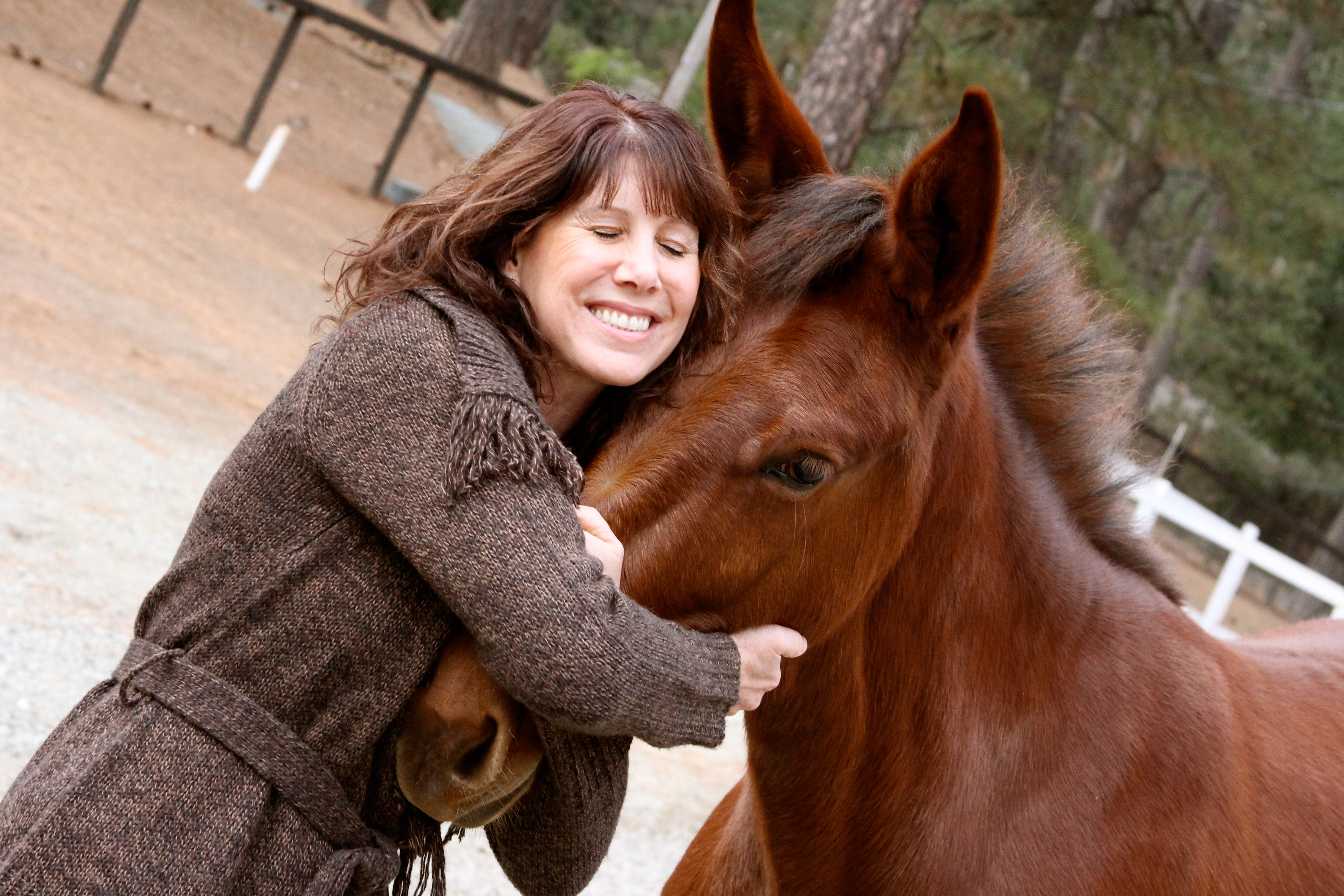
Chris Pauley and her Horse Frankie
It was a beautiful day in January. Chris had been talking to friends about it being her time, but without knowing this would be the day, some close friends were already at our home because they knew she had been quickly declining over the weekend. It was a moment that, unfortunately, she had to think about so many times prior, but she chose the day and the setting.
Chris left peacefully and on her terms, on our farm outside, by my side on the dock with her beloved mule Angus and horse Frankie within her view. It was a perfect end. Despite the difficulty of the loss of my wife, this was the way it should have been. I only wish that when my time comes I could be so lucky.
Throughout our journey, we realized just how important it is to know what your options are — it’s not just going through or declining treatment. You also have a choice in how you manage your care, and that includes how you want your life to end. Secondly, it’s important for people to know what their loved ones want and what they want their final days to look like. It’s okay to have those conversations and to move forward in requesting a prescription, even if you don’t use it. It’s not a process you can rush through; it’s something you have to plan for. Lastly, the more educated people are about their end-of-life options, the more informed their choices can be. Having a choice is part of Chris’ legacy. She was very passionate about it, and she wanted that message to continue.


